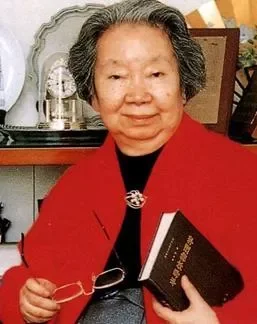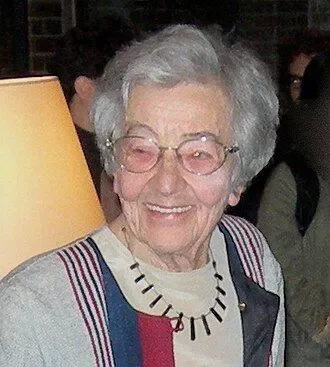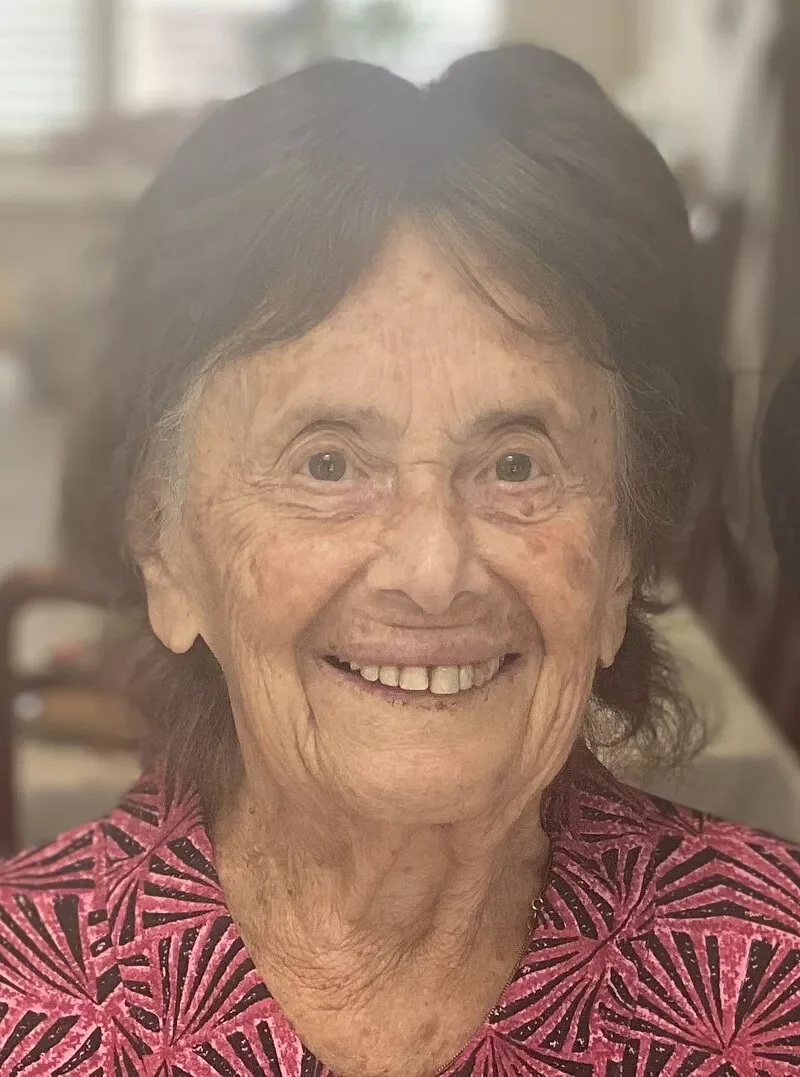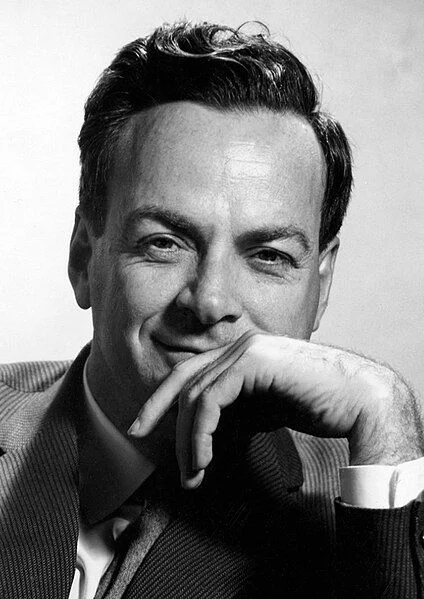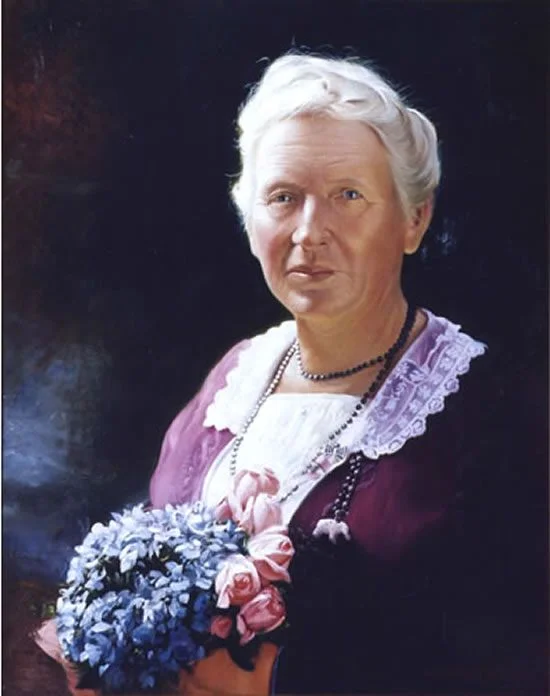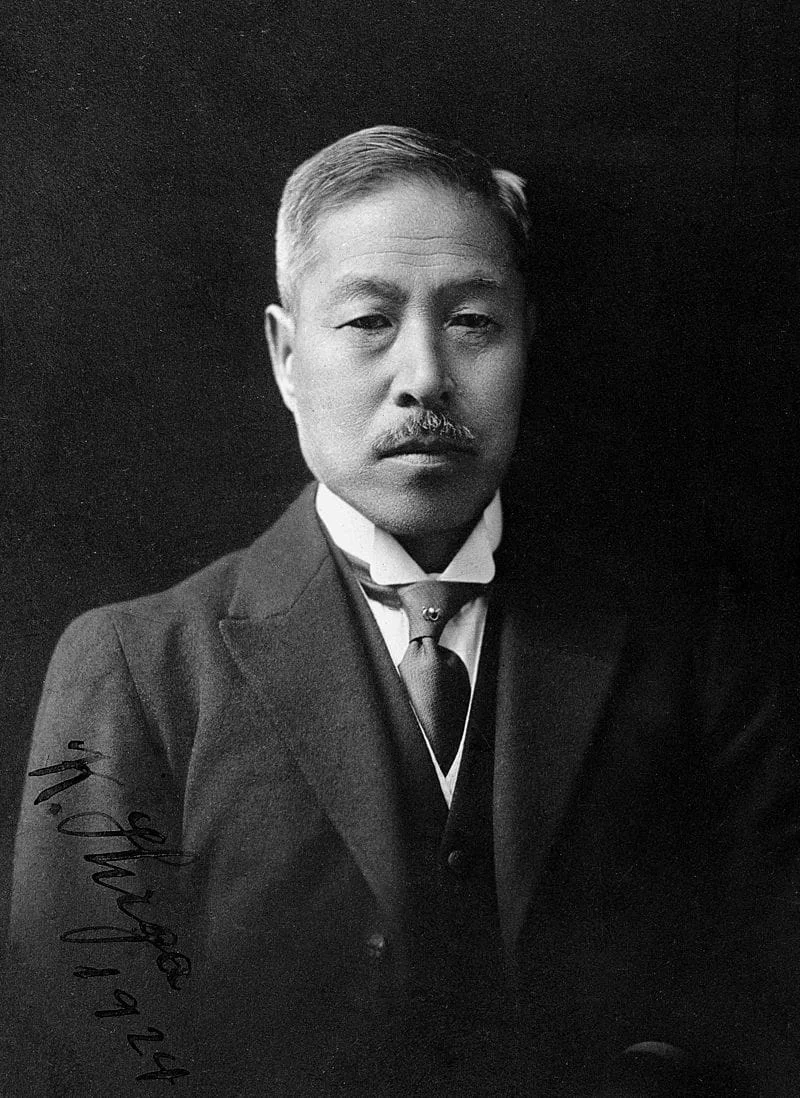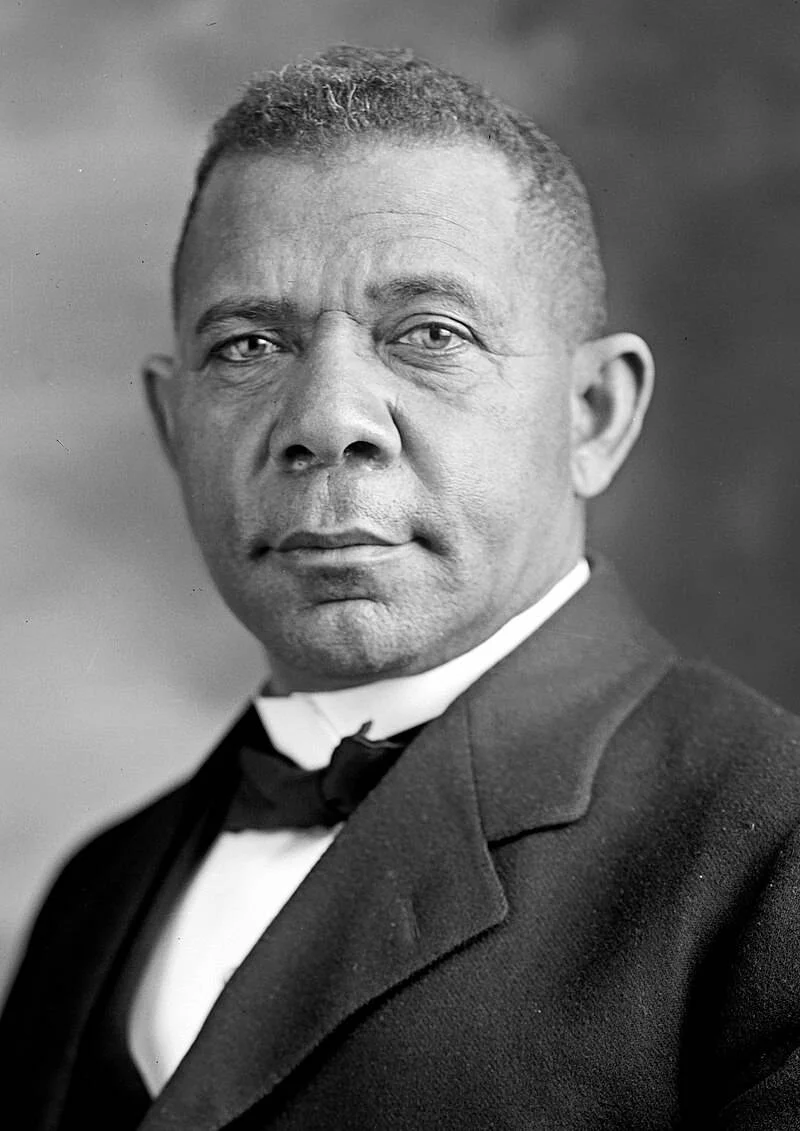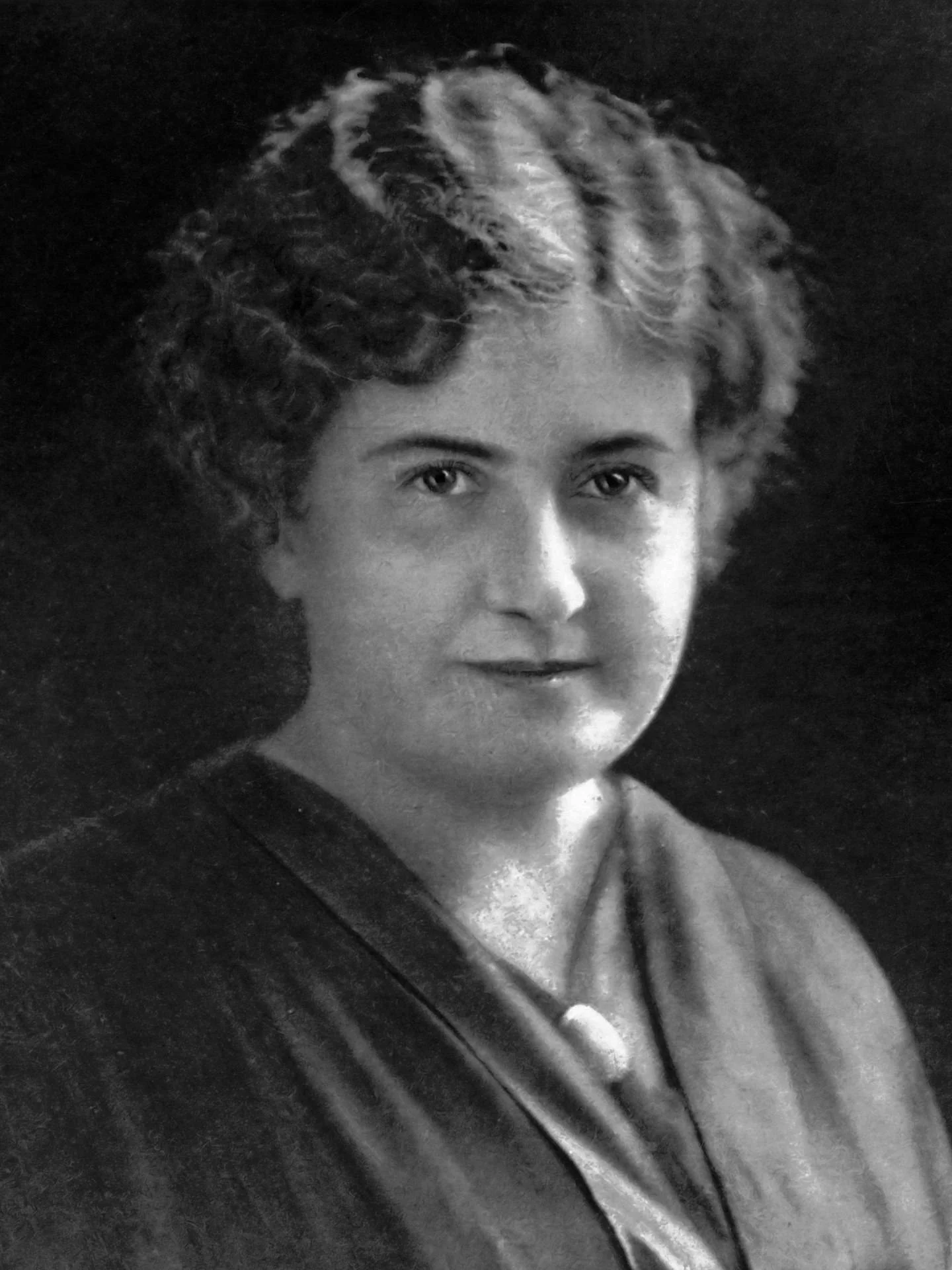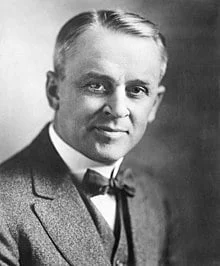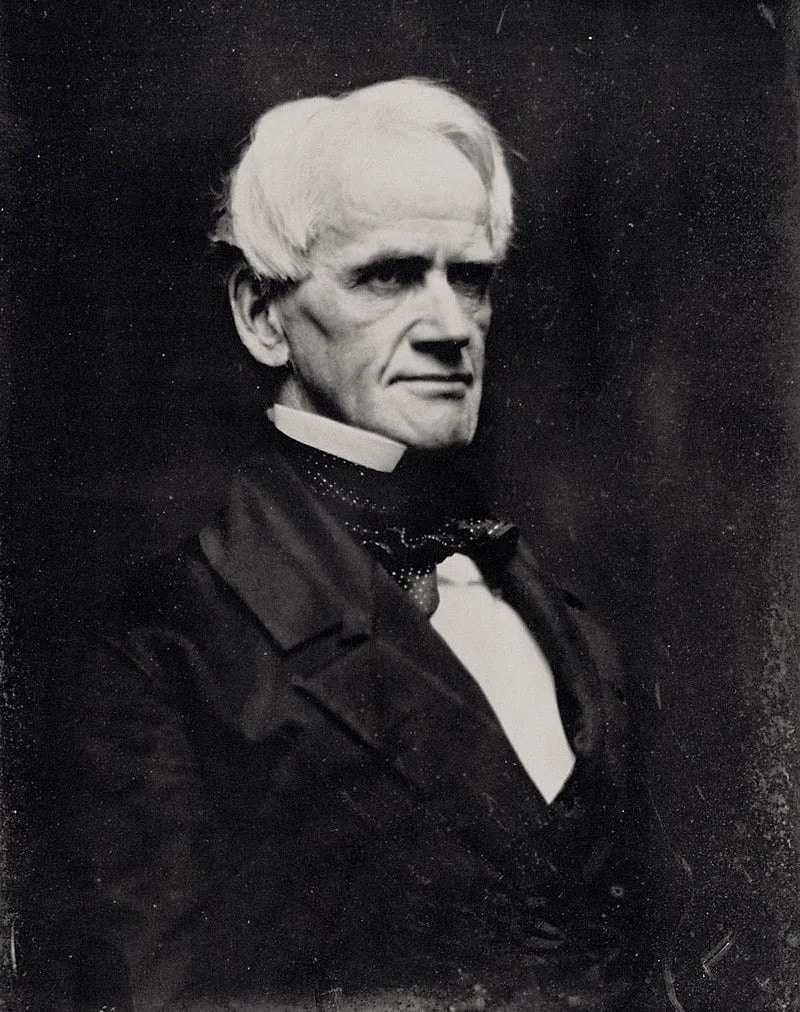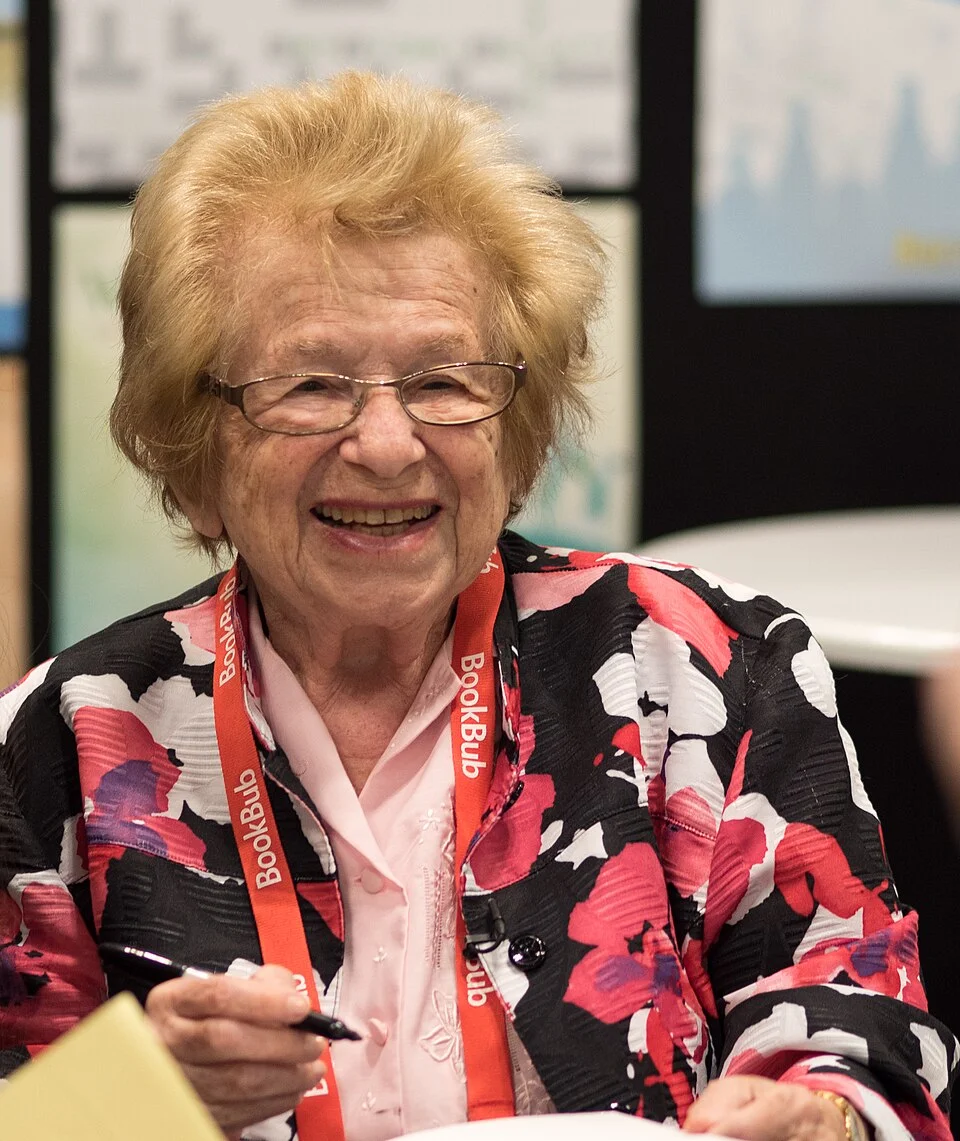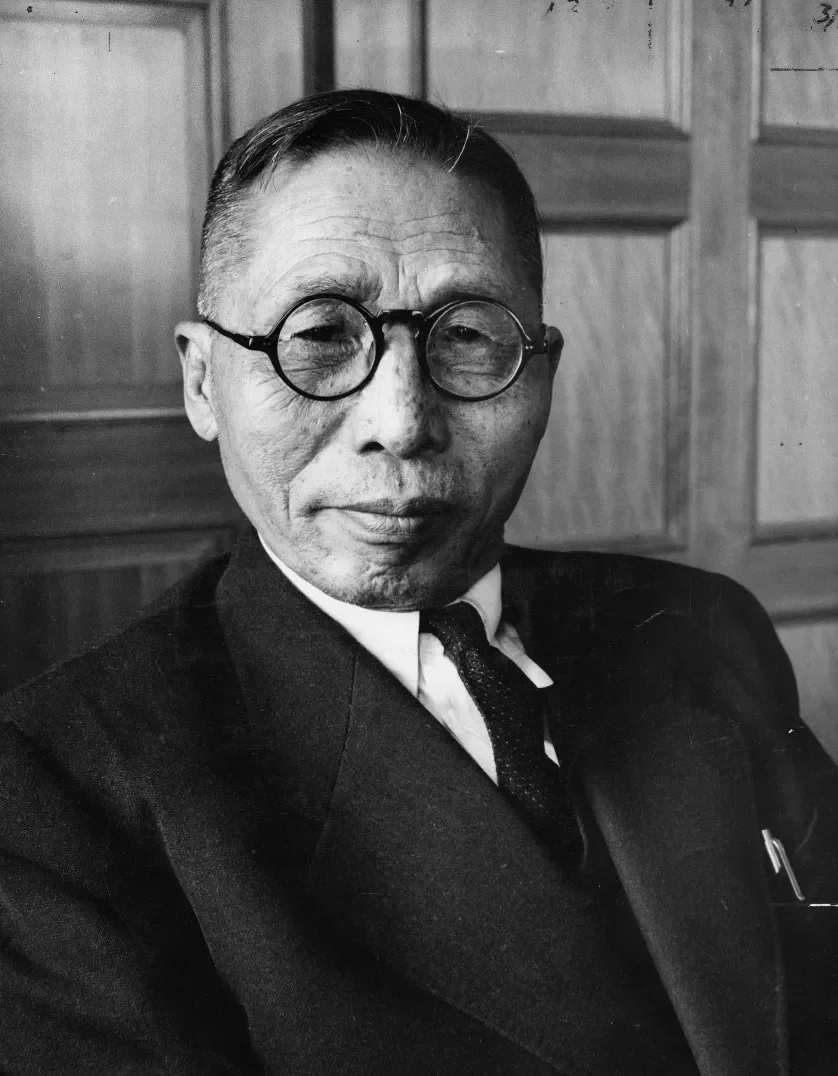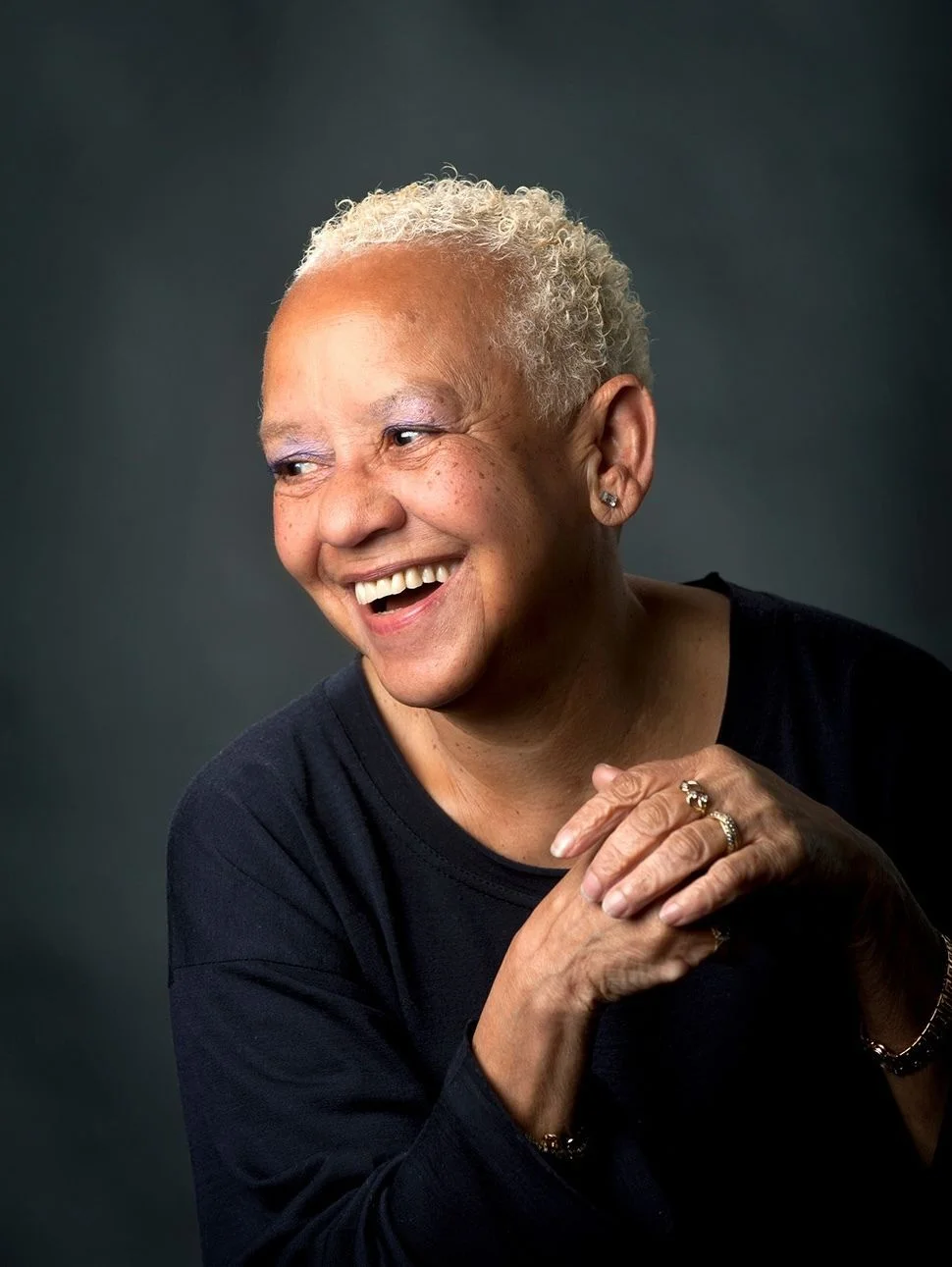Real Celebrities Never Die!
OR
Search For Past Celebrities Whose Birthday You Share
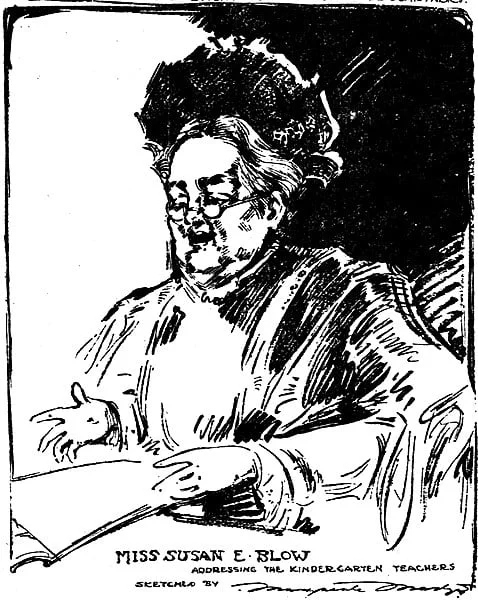
source:wikipedia.org
Susan Blow
Birthday:
07 Jun, 1843
Date of Death:
27 Mar, 1916
Cause of death:
Heart failure
Nationality:
American
Famous As:
Educator
Age at the time of death:
72
Introduction
Susan Blow, known as the “Mother of Kindergarten,” was an influential figure in the field of early childhood education. Born on June 7, 1843, in St. Louis, Missouri, she played a crucial role in establishing and promoting the kindergarten movement in the United States. Susan Blow’s contributions to education, her commitment to the kindergarten philosophy, and her advocacy for educational reform have left a lasting impact on the field.
Early Life and Education
Susan Elizabeth Blow was born into a prominent and wealthy family in St. Louis. She grew up in a nurturing and intellectually stimulating environment, which fostered her love for learning. She received a progressive education herself, attending private schools and demonstrating a natural enthusiasm for literature and languages. Blow’s father, Henry Taylor Blow, was a successful attorney and politician, and her mother, Minerva Grimsley Blow, was a strong advocate for women’s education and philanthropy.
Inspiration from Friedrich Froebel
After completing her own education, in Germany, Susan Blow was exposed to the kindergarten system developed by Friedrich Froebel. Inspired by the innovative teaching methods and the emphasis on play and creativity, she became determined to bring this educational approach to the United States. Upon her return to St. Louis in 1870, Blow embarked on a mission to establish the first kindergarten in the country.
Founding the First Public Kindergarten
Blow’s efforts to promote the kindergarten movement were met with resistance and skepticism, as the American education system at the time primarily focused on rote memorization and formal instruction. However, her passion and dedication propelled her forward. With the support of her family and the financial means to pursue her goals, Susan Blow established the Des Peres School in St. Louis in 1873, which was the first public kindergarten in the United States.
Innovative Teaching Methods
Blow’s kindergarten curriculum focused on hands-on learning, creativity, and the development of social and emotional skills. She believed that children learn best through active exploration and play. Blow introduced materials such as blocks, clay, and music, and emphasized nature study and physical movement as integral parts of the curriculum. Her teaching methods were innovative for the time, and she encouraged teachers to personalize instruction and create an inclusive and nurturing environment.
Advocacy and Writing
Susan Blow’s dedication to the kindergarten movement extended to her role as a writer and lecturer. She translated and published Friedrich Froebel’s works, including his seminal work “The Education of Man,” making his theories and teachings accessible to educators in the United States. She also founded the first kindergarten training college in America, allowing aspiring teachers to receive specialized training in early childhood education.
Recognition and Influence
Blow’s influence on the development of early childhood education did not go unnoticed. Her work earned recognition and praise from prominent figures such as philosopher John Dewey and educational reformer G. Stanley Hall. Her efforts laid the foundation for the integration of kindergartens into the public school system, and her teachings influenced educators and policymakers across the country.
Later Years and Legacy
Sadly, Susan Blow passed away on March 27, 1916, in New York City, aged 72. The cause of her death was heart failure. Despite her untimely death, Blow’s legacy continued to thrive, as her ideas and principles were embraced by future generations of early childhood educators.
Honors and Recognition
Throughout her career, Susan Blow received numerous awards for her contributions to education and her dedication to the kindergarten movement. She was recognized by educational organizations and institutions for her pioneering work and her efforts to reform early childhood education. Blow’s impact is still acknowledged to this day, with many considering her the “Mother of Kindergarten” in the United States.
Name:
Susan Blow
Popular Name:
Susan Blow
Gender:
Female
Cause of Death:
Heart failure
Spouse:
Place of Birth:
St. Louis, Missouri USA
Place of Death:
New York City, U.S.
Occupation / Profession:
Personality Type
Consul: Extraordinarily caring, social and popular people, always eager to help. She was always willing to help others.
Blow worked primarily as an unpaid supervisor of the kindergarten system in St. Louis to ensure its longevity and expansion, demonstrating her dedication to early childhood education.
Born into an affluent family, Blow had access to excellent education and intellectual circles, which influenced her educational philosophy.
During her travels in Europe, Blow became fascinated with Friedrich Froebel's educational theories and methods, which emphasized play as a crucial element of learning for young children. She was instrumental in bringing these ideas to the U.S.
Susan Blow founded the first successful public kindergarten in the United States in 1873 at the Des Peres School in St. Louis, Missouri.
Susan Blow's work led to the widespread acceptance of kindergartens across the United States, and she was posthumously honored with a star on the St. Louis Walk of Fame in 1991.
Susan Blow was recognized with a star on the St. Louis Walk of Fame, for her work.
